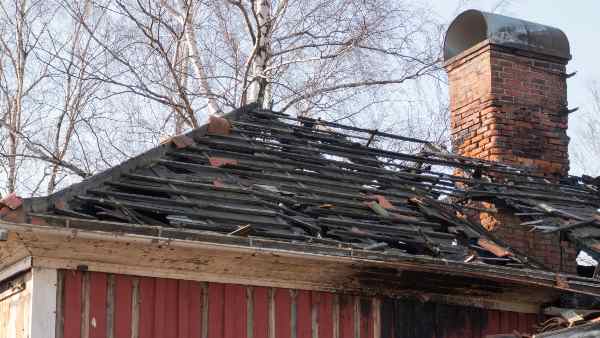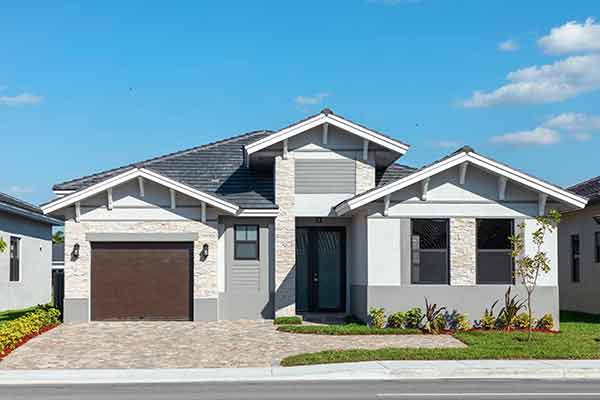Homeowners trust their insurance companies to protect their home for themselves and their families. When disaster strikes, homeowners want to know that their insurance company will be there for them to help them bounce back from a loss.
After paying premium payments for years, this expectation seems like a very realistic one—especially in Florida, where home insurance premiums are some of the highest in the country.
What happens when your insurance company refuses to pay your residential insurance claim for you? What can you do to fight back when your insurance company denies coverage? You may need to bring in an experienced law firm that handles insurance claims that knows how to address these issues to get your claim moving again.

In general, homeowners insurance will cover both your house itself and any other structures that you might have on your property, such as garages, sheds, or other outbuildings. It will also often address liability for injuries and damage that your property causes to another person’s property. Some policies will also cover the personal property inside your home, as well.
Homeowners insurance coverage will vary based on the specific language in your policy. You should read your policy carefully to get precise information about coverage.
However, reading a policy can be extremely confusing because of the complex language that insurance companies use to describe coverage. If you have questions about your specific coverage, contact VG Law Firm. We can review your policy with you to determine if your situation should be covered by your homeowner's insurance.
Dwelling coverage applies to your home itself. It will include things like repairing the roof or siding after severe winds, for example. Some of the most common coverages include damage related to:
Some additional coverage like flood and hurricane insurance will also cover your dwelling. These are more specialized coverage, however, and they may need to be purchased separately.
If you have additional structures on your property, then your homeowner's insurance will likely cover these buildings, too. Some of the most common examples include:
This coverage will often help you repair or replace these items in the event of weather damage or vandalism.
Your home is likely where you keep some of your most valuable possessions. As a result, most homeowners insurance coverage will also apply to personal property, as well. If your personal property was damaged because of certain natural disasters or theft, you might be able to get the replacement cost of these items from your insurance company.
When someone else claims that your property harmed them, they might sue you to get damages for their medical bills, lost wages, and other related costs. Liability coverage under a homeowners policy will usually pay for your legal defense in these types of claims.
Some of the most common situations where homeowners insurance might be used include:
You may be surprised that just how broad your liability coverage may be. As a result, if anyone sues you because they claim that your property damaged them, you should check your homeowners policy to see if you have coverage.

Although you may think you have coverage, an insurance company might decline to pay the claim for many reasons. If you think the insurance company is refusing to pay a legitimate claim, then you may have a bad faith insurance dispute on your hands.
At VG Law Group, LLC, we have experience dealing with denied insurance claims, and we can help you determine whether you should have coverage. If you do, we can work through what your next steps should be—including suing your insurance company if necessary. Find out more about how our team can help by calling 833-855-4365 or contact us online.